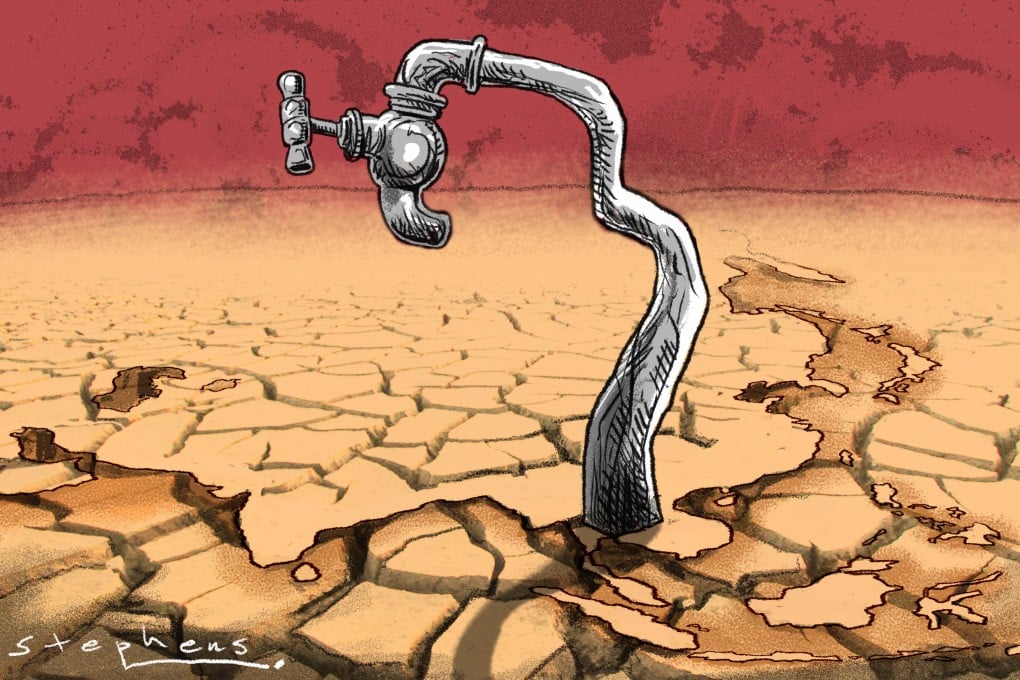Advertisement
Opinion | Climate change: water scarcity is fuelling new crises across Asia
- Attendees at COP27 failed to prioritise the urgent climate adaptation and mitigation policies needed to promote water security worldwide
- Water scarcity must be high on the agenda at this year’s meeting or the crisis risks becoming irreversible and driving new levels of conflict and suffering
Reading Time:4 minutes
Why you can trust SCMP
1

As climate change depletes freshwater resources critical for human and ecological survival, the world faces an escalating water crisis. Droughts, heatwaves and glacial melt are exacerbating water scarcity globally. According to Unicef, more than 2 billion people already lack access to safe drinking water and 4 billion face severe water scarcity for at least one month per year. If this continues, half of the world’s population could live in areas experiencing water scarcity by 2025.
Advertisement
COP27, last year’s UN climate change conference, missed its chance to prioritise the urgent climate adaptation and mitigation policies needed to prevent worsening water security worldwide. This negligence leaves vulnerable regions at risk of humanitarian disaster.
With COP28 on the horizon, the interlinked challenges of climate change and global water scarcity must be made a priority before the crisis becomes irreversible. The future habitability of the planet hangs in the balance.
China faces an acute water crisis that could jeopardise the country’s economic and social stability. Major rivers such as the Yellow River are drying up, exposing riverbeds and disrupting agriculture. Melting glaciers, falling aquifers, pollution and rising demand are depleting China’s water resources. By 2050, China’s water deficit could reach 400 billion cubic metres.
While the government has taken steps such as water transfers, recycling and extraction reforms, they fall short of meeting China’s growing needs. Water scarcity is already diminishing crop yields, hampering hydropower generation and spurring migration. This threatens China’s food security, green energy transition and urban sustainability.
Advertisement
China’s water crisis is a complex issue that demands urgent action across all sectors. Current policies are inadequate for the scale of the problem. Comprehensive transformational strategies and investments in sustainable water infrastructure are needed to avert catastrophic effects in the country.

Advertisement
